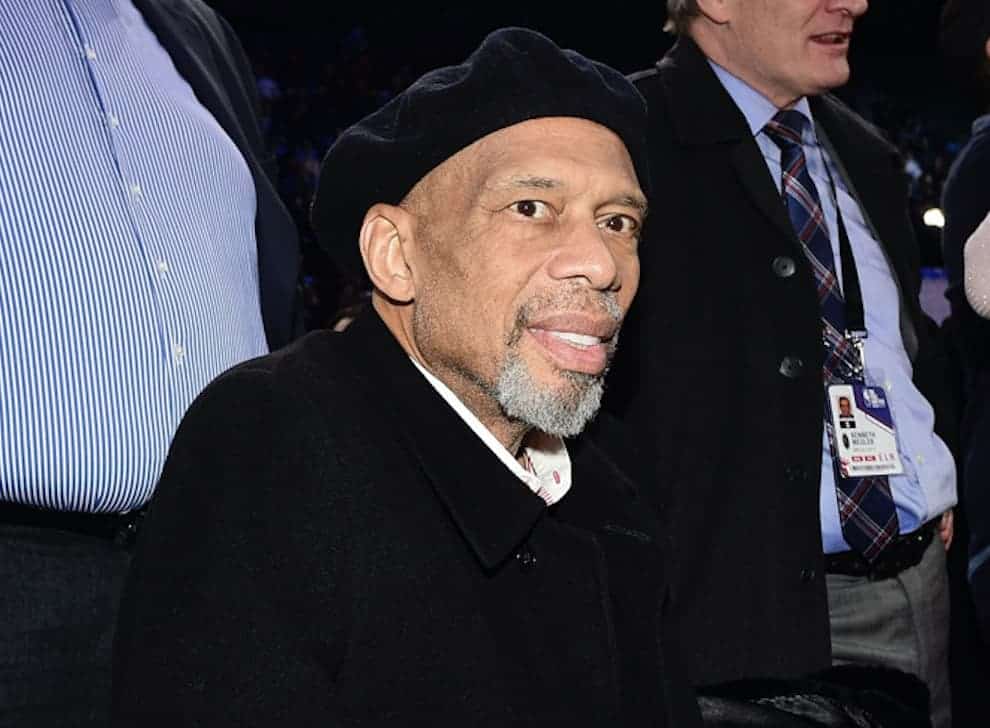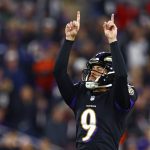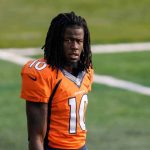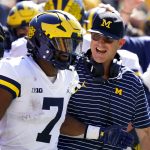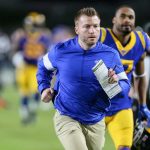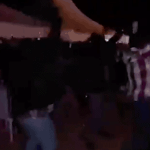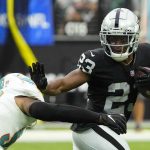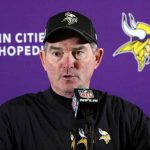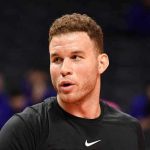LA Times – What was your first reaction when you saw the video of the white cop kneeling on George Floyd’s neck while Floyd croaked, “I can’t breathe”?
If you’re white, you probably muttered a horrified, “Oh, my God” while shaking your head at the cruel injustice. If you’re black, you probably leapt to your feet, cursed, maybe threw something (certainly wanted to throw something), while shouting, “Not @#$%! again!” Then you remember the two white vigilantes accused of murdering Ahmaud Arbery as he jogged through their neighborhood in February, and how if it wasn’t for that video emerging a few weeks ago, they would have gotten away with it. And how those Minneapolis cops claimed Floyd was resisting arrest but a store’s video showed he wasn’t. And how the cop on Floyd’s neck wasn’t an enraged redneck stereotype, but a sworn officer who looked calm and entitled and devoid of pity: the banality of evil incarnate.
Yes, protests often are used as an excuse for some to take advantage, just as when fans celebrating a hometown sports team championship burn cars and destroy storefronts. I don’t want to see stores looted or even buildings burn. But African Americans have been living in a burning building for many years, choking on the smoke as the flames burn closer and closer. Racism in America is like dust in the air. It seems invisible — even if you’re choking on it — until you let the sun in. Then you see it’s everywhere. As long as we keep shining that light, we have a chance of cleaning it wherever it lands. But we have to stay vigilant, because it’s always still in the air.
The entire op-ed by the always eloquent Kareem Abdul-Jabbar should be read.
And honestly, it can be difficult to figure out where to chime in on these issues after the tragic killing of George Floyd in Minneapolis. Even though I’m part Latino and grew up in the South Bronx acutely aware of racial inequities friends and people around me experienced, I have no real frame of reference for the black experience. I look how I look and have had far less fractured relationships with systemic oppression. As a result, it can feel uncomfortable to talk publicly about these ongoing issues and the loss of life many of our African-American peers have faced over centuries in a place we’ve so freely agreed is a “land of opportunity.”
That’s why it’s important to read and share the view points of someone like Kareem. A man who not only has seen decades of life as one of the most famous black men in sports history, but also saw his own awakening from his blackness that saw him convert to Islam after he learned about the life of Malcolm X. Kareem explains:
“The adoption of a new name was an extension of my rejection of all things in my life that related to the enslavement of my family and people. Alcindor was a French planter in the West Indies who owned my ancestors. My forebears were Yoruba people, from present day Nigeria. Keeping the name of my family’s slave master seemed somehow to dishonor them. His name felt like a branded scar of shame.”
These are historical wounds that many of us can’t relate to. And they’re ingrained into Kareem’s very existence. Those of us who aren’t black may see a George Floyd or an Eric Garner or a Philando Castile’s life extinguished on camera and feel terrible. But ultimately, the experience isn’t the same. Neither is the fear nor the frustration nor the hurt. If every non-black person who chimed in disparagingly on Colin Kaepernick’s peaceful pre-game protests, ones that resulted in him functionally barred from the NFL, took that same effort and vigor to understand why he and many of his peers took that route, we might be in less dire straits as a country right now.
So, even if it’s uncomfortable, it’s important to read our African-American peers’ thoughts. We all need to listen and support them and avoid the “Well actually” mindset that’s everywhere online these days. We need to recognize that Black Lives Matter and do our part to ensure that our friends and future generations of their families can walk down a street without fear that they might not return home. We have to be better because their lives quite literally depend on it.
🔥 Hot from Side Action 🔥
- Lala Anthony Blames Knicks for the ‘Demise of their Relationship’
- Ja Morant Being Linked to Singer Lotto’s Sister Brooklyn
- Rumor: Instagram Model ‘Ayyyejae’ Connected to Phoenix Suns Is Now Pregnant by NBA Player
- Rumor: Jalen Rose Spotted With New Girlfriend Angela Rye
- Spurs Josh Richardson is Dating Former America’s Next Top Model Runner-Up Tatiana Elizabeth

